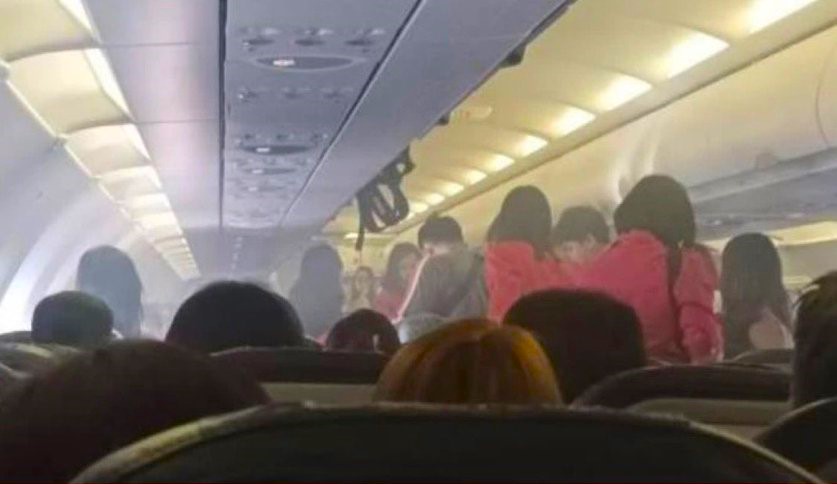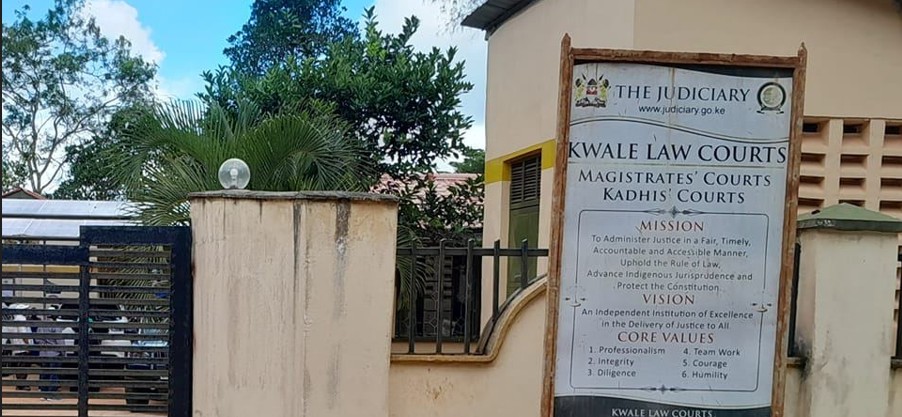Worry over rising cases of power bank explosions on planes

Regulatory agencies warn consumers against buying fake power banks that are not certified by regulatory bodies.
Cases of power banks heating up and exploding mid-flight have been on the rise across the world, forcing airlines to enforce stringent rules concerning the devices.
The latest incident occurred early Saturday on AirAsia's flight FD3188, which had departed Don Mueang Airport in Bangkok at 7.20 am, set for Nakhon Si Thammarat.
A passenger's power bank caught fire, filling the cabin with smoke and causing panic among 186 passengers.
Flight attendants used fire extinguishers to put out the fire and the flight later landed safely at the destination airport.
However, as a precaution, the airline advised all passengers to check the quality and size of spare batteries before bringing them on board.
"As required, spare batteries are not permitted in checked baggage (carry on board only the size specified), because if you encounter an unusual event trained staff will be able to take action promptly," AirAsia said in a statement.
Power banks are generally rechargeable lithium batteries used as a source of power for electronic devices that, though considered safe, catch fire or cause burns when they malfunction.
In such cases, they have caused explosions that filled flight cabins with smoke forcing planes to make emergency landings.
On Tuesday for instance, smoke fumes filled the cabin of Royal Air Philippines's Airbus A320-214 after a power bank exploded, forcing the plane to make an emergency landing at the Hong Kong International Airport.
The plane that was heading to Shanghai was forced to delay its flight by three hours for all safety check procedures.
The Kenya Civil Aviation Authority (KCAA) allows power banks in planes only as part of passengers' handheld luggage.
"Failure to comply is a criminal offence," the authority notes on its website.
Most airlines however, go further and specify the capacity of the power bank that can be allowed in a passenger's check-in baggage.
Kenya Airways for example, restricts power banks to carry-on baggage only, with a rider that, "baggage where the lithium battery is designed to charge other devices and cannot be removed is forbidden for carriage".
This is mainly because lithium batteries can generate great amounts of heat if short-circuited, and catch fire if damaged or improperly designed or assembled.
"If you want to bring a device with a lithium battery up to 160 Eh, you need to request permission. Devices with batteries larger than 160 Wh are never allowed," KLM Royal Dutch Airlines says on its website.
Regulatory agencies warn consumers against buying fake power banks that are not certified by regulatory bodies. They should also avoid storing the gadgets close to metal objects or inserting metallic objects into the USB output port.
Passengers are also advised to store the devices away from heat sources and against dropping them as that may damage the internal components, creating the risk of a short circuit.
Over charging power banks may also cause overheating.
Top Stories Today















































